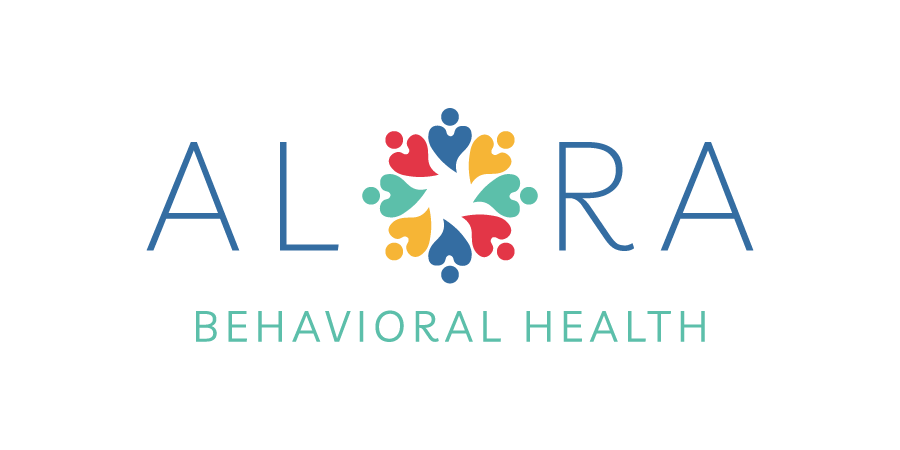Applied Behavior Analysis (ABA) therapy has proven to be an invaluable tool for individuals with developmental and behavioral challenges. While its primary goal is often seen as addressing challenging behaviors, ABA therapy goes far beyond that. It can profoundly impact social and communication skills, allowing individuals to connect, communicate, and engage more effectively with the world around them. In this blog, we’ll explore how ABA therapy can transform social and communication abilities.
Understanding the Scope of ABA Therapy
ABA therapy is based on the science of behavior analysis. It focuses on identifying the function of behaviors, emphasizing the ABC model (Antecedent, Behavior, Consequence), and using evidence-based strategies to promote positive changes. ABA is widely recognized for its effectiveness in reducing challenging behaviors, but it is equally influential in fostering the development of critical social and communication skills.
Targeting Social Skills
ABA therapy provides a structured and systematic approach to enhancing social skills. Whether it’s a child on the autism spectrum who struggles with social interaction or an individual with a developmental disability working to improve interpersonal relationships, ABA can be tailored to address specific social challenges. Some key areas where ABA therapy excels in building social skills include:
- Turn-Taking: ABA helps individuals understand the concept of taking turns in conversations and activities, fostering cooperative interactions.
- Emotion Recognition: Many people with developmental disorders find it challenging to recognize and interpret emotions in others. ABA teaches emotional cues and how to respond appropriately.
- Empathy and Perspective-Taking: ABA therapy encourages individuals to step into someone else’s shoes, promoting empathy and understanding.
- Social Initiation: For those who may struggle with initiating social interactions, ABA provides structured opportunities to practice and develop these skills.
- Conflict Resolution: ABA can equip individuals with the strategies to resolve conflicts in a healthy and constructive manner.
Improving Communication Skills
Communication is at the heart of human interaction. ABA therapy can play a pivotal role in helping individuals develop and improve their communication skills. This encompasses both verbal and non-verbal communication and can benefit individuals with a wide range of needs. A few ways in which ABA addresses communication skills include:
- Speech and Language Development: ABA therapy provides tailored strategies for individuals with speech delays, helping them improve their expressive and receptive language skills.
- Augmentative and Alternative Communication (AAC): For individuals who struggle with verbal communication, ABA can facilitate the use of AAC devices and systems to express themselves effectively.
- Non-Verbal Communication: ABA teaches the nuances of non-verbal communication, such as body language, gestures, and facial expressions, to enhance social interactions.
- Pragmatic Language Skills: ABA therapy focuses on the appropriate use of language in different social contexts, improving conversational skills.
- Functional Communication: ABA helps individuals communicate their needs and desires more effectively, reducing frustration and enhancing their quality of life.
The Individualized Approach of ABA
One of the strengths of ABA therapy is its individualized approach. Therapists work closely with individuals and their families to identify specific social and communication challenges and tailor interventions accordingly. This personalized approach ensures that therapy aligns with the unique needs and goals of each individual.
ABA therapy’s impact on social and communication skills is transformative. By targeting specific areas of need and providing evidence-based strategies, it empowers individuals to connect with others, express themselves, and engage meaningfully in the world. It goes beyond addressing behaviors to enhance the core abilities that underpin our interactions and relationships, making it an essential tool in the development of individuals with developmental and behavioral challenges.
